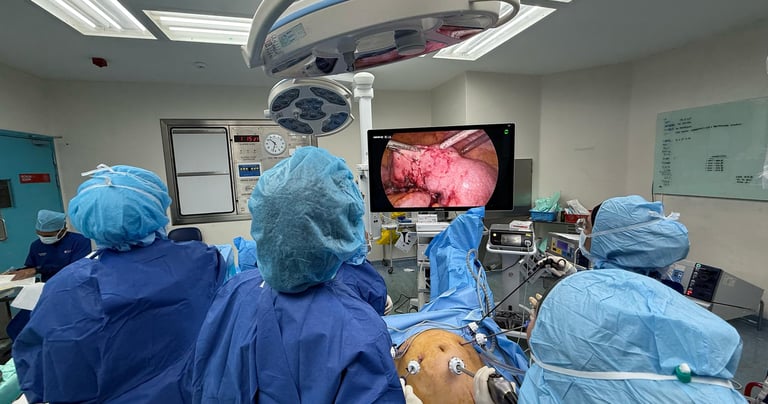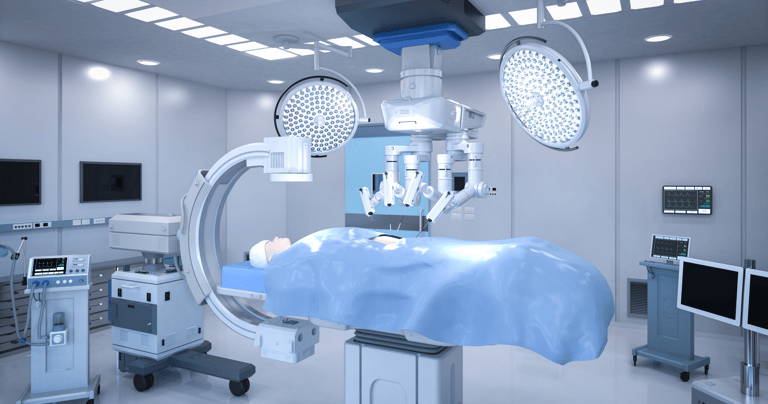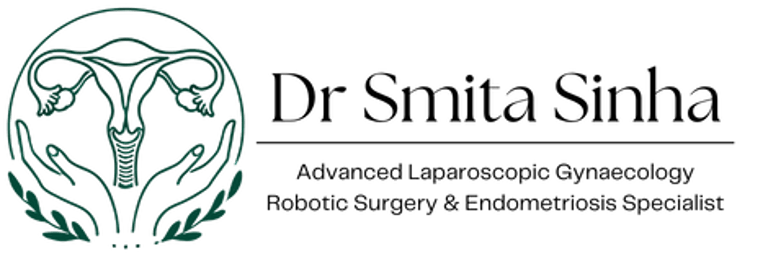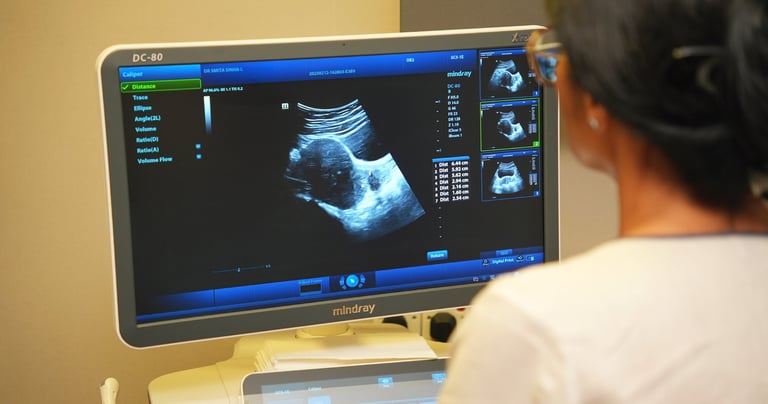What is Endometriosis?
Endometriosis is a chronic medical condition where tissue similar to the lining of the uterus (endometrium) grows outside the uterus. These tissue growths can occur on the ovaries, fallopian tubes, bladder, bowel, and other pelvic organs, causing inflammation, scarring, pain and infertility.
This condition is more common than many realize, affecting approximately 1 in 10 women of reproductive age. Unfortunately, it is often underdiagnosed due to its overlapping symptoms with other conditions, and there are times where a woman's symptoms aren't taken seriously.
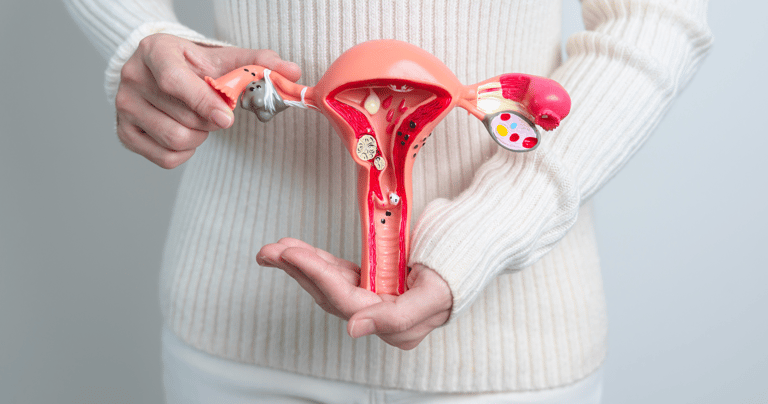

Symptoms of Endometriosis
The symptoms of endometriosis vary from person to person. Some women may experience severe symptoms, while others may have no symptoms at all. Common symptoms include:
Painful Periods (Dysmenorrhea): Severe cramping and pain during menstruation that may not respond to standard pain relief.
Chronic Pelvic Pain: Persistent pain in the pelvic region outside of menstrual cycles.
Pain During Intercourse: Discomfort or pain during or after sexual activity.
Heavy or Irregular Periods: Excessive menstrual bleeding or spotting between cycles.
Infertility: Difficulty conceiving due to excessive inflammation and scarring.
Blocked Fallopian Tubes: Scar tissue can prevent eggs from reaching the uterus.
Ovarian Damage: Endometriotic cysts may affect egg quality.
Chronic Inflammation: Inflammation can create an unfavorable environment for conception
Other Symptoms: Fatigue, bloating, constipation, or diarrhea, particularly around menstruation.


Did You Know?
Surprisingly, there are times where patients have no symptoms.
Some also have chronic lower backache and sciatica pain and will visit doctors for orthopaedic issues, but don't realise that these are symptoms of endometriosis.
Not all women with endometriosis face infertility. Many conceive naturally, and treatments like laparoscopic surgery, ovulation induction, or IVF can significantly improve the chances of pregnancy
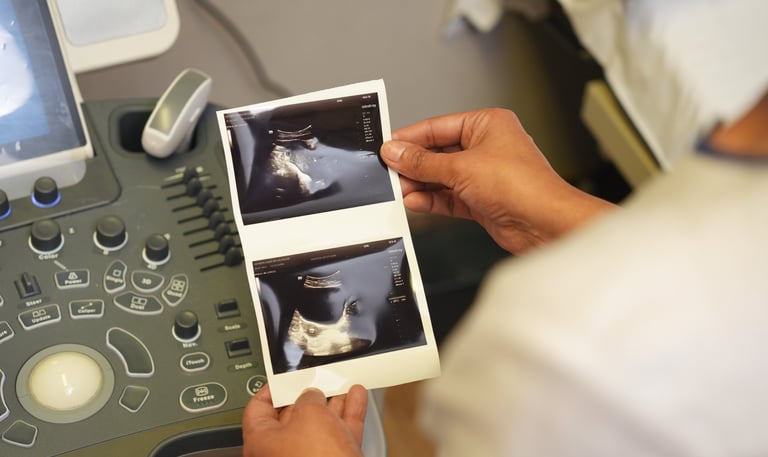

Treatment Options for Endometriosis
There are several treatment options which can help manage the symptoms and improve quality of life and fertility:
Medications:
Hormonal therapies to suppress endometriosis and regulate menstrual cycles.
Pain relief to manage discomfort.
Surgical Treatments:
Laparoscopic Surgery: Removal of endometriotic tissue using a minimally invasive approach. This procedure is highly effective in relieving symptoms and improving fertility.
Robotic Surgery: An advanced surgical option for precise removal of endometriotic tissue, especially in complex cases.
Lifestyle Changes:
Adopting a balanced diet, regular exercise, and stress management techniques can help alleviate symptoms.
